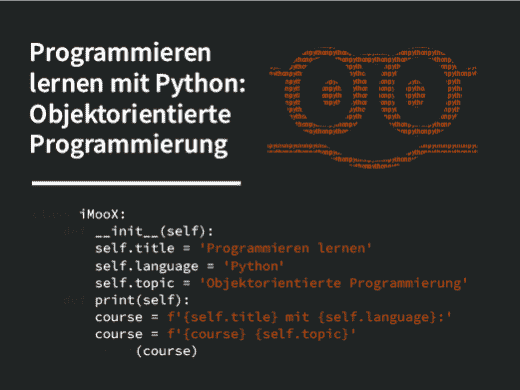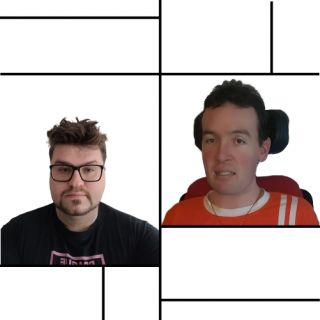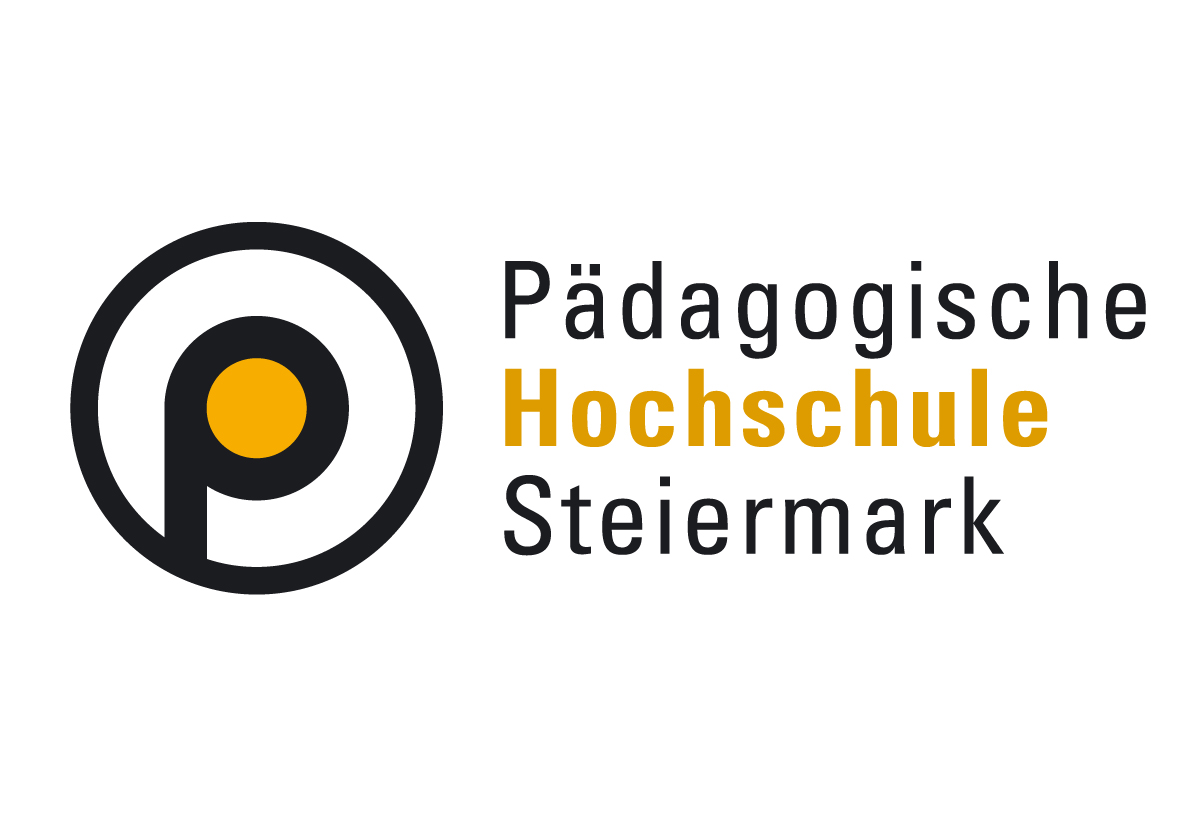


Programmieren lernen mit Python: Objektorientierte Programmierung
Graz University of Technology, University College of Teacher Education Styria
Daniel Dohr, Josef Wachtler
Informacje o
Treść
Treść kursu
Learn programming with Python: Object-oriented programming is a free course in the MOOC (Massive Open Online Course) format for students, teachers and anyone interested in the topic of object-oriented programming (OOP). The course provides an overview of some concepts used in object-oriented programming. In this course, code examples in the Python programming language will be shown to illustrate how the presented concepts can be implemented.
This course consists of four lessons that build upon each other and cover the following topics:
In Lesson 1, the basics of object-oriented programming and the key terms will be discussed. The unit will primarily be of a theoretical nature to provide an overview. In the following lessons, the concepts discussed here will be demonstrated in practice.
In Lesson 2, the knowledge gained will be implemented using an example in the Python programming language, focusing specifically on attributes and the constructor.
Lesson 3 covers methods and encapsulation in more detail.
In Lesson 4, we will take a closer look at inheritance and polymorphism.
Cele kursu
Graduates of this course gain a basic understanding of the concept of object-oriented programming and are able to implement what they have learned in practice. The knowledge imparted is an excellent starting point for learning further concepts or delving deeper into the ones presented.
At the end of the course, you will be able to:
- Explain what object-oriented programming is exactly.
- Create classes and objects.
- Use attributes and methods.
- Use encapsulation.
- Apply inheritance.
- With these skills, you will be able to write more complex programs and deepen your programming knowledge further.
Wymagana wiedza wstępna
Basics of Programming in Python (Variables, Functions)
Certyfikat
For actively participating in the course you will receive an automatic certificate which includes your username, the course name as well as the completed lessons. We want to point out that this certificate merely confirms that the user answered at least 75% of the self-assessment questions correctly.Licencja
This work is licensed under CC BY 4.0Osoba prowadząca kurs

Daniel Dohr, Josef Wachtler
Daniel Dohr completed his Bachelor's degree in Software-Engineering and Management at the Technical University of Graz. Along with his Master's studies, he worked as a C# software developer at a company based in Graz.
DI Dr. Josef Wachtler BSc is currently working at the Department Educational Technology at Graz University of Technology. His research interests are in the field of video based learning supported by interactive content used in different settings like schools, universities or MOOCs.
He is in charge of the technical aspects of a project where learning apps for children are developed and evaluated. The support of bachelor and master theses is also part of his professional duties.
He has a lot of experience as a software engineer and developer with a focus on developing for the web. He loves python.
Zaloguj się i zapisz Obecnie: 552 Uczestnicy
Bezpłatny dla wszystkich € 0.00
Partnerzy

Graz University of Technology
Graz

University College of Teacher Education Styria
Graz